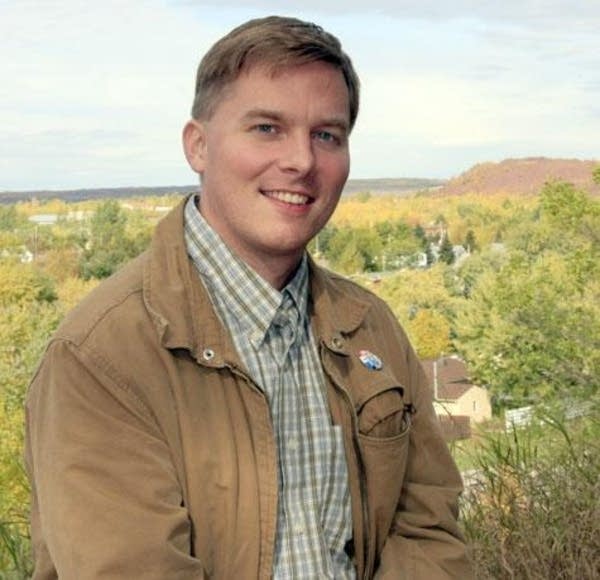Iron Range needs answers more nuanced than 'jobs, jobs, jobs'
Go Deeper.
Create an account or log in to save stories.
Like this?
Thanks for liking this story! We have added it to a list of your favorite stories.

The first rule of Iron Range politics is that no matter your ideology or expertise, no matter if you are too fat or bullwhip skinny, even if the TV cameras catch you stumbling out of the bar, throwing up in the gutter and watching your spouse drive off in utter disgust (in your truck), when you get a mic near your mouth you must say these three words with crystal clarity and forceful exuberance:
Jobs, Jobs, Jobs!
Because that's what it's all about.
In truth, "jobs, jobs, jobs" is a phrase translated from some uncharted language of the Rust Belt that really means, "We cannot tolerate." A way of life is passing, a new way is not apparent. Families and institutions are breaking down for lack of regeneration as jobs and people have left. A brighter future elsewhere is sucking the human marrow out of people's lives in hard places where work and education once mattered. The proper question becomes, do we live as victims of fate or purveyors of free will?
Turn Up Your Support
MPR News helps you turn down the noise and build shared understanding. Turn up your support for this public resource and keep trusted journalism accessible to all.
Indeed, on Minnesota's Iron Range, our work and our predisposition to educate kids to a standard better than average was itself a roll of the die that seems to have fated us for this conclusion. Damn our industry. Too bad our immigrant miner and homemaker ancestors didn't have the foresight to stockpile generational wealth. They were too busy fleeing political persecution and starvation in Europe and elsewhere. Damn them. And to value education! So expensive. Educated children always leave the source of their discomfort. Educated children always leave the mines.
But this is bitter talk. The truth is that many children of iron miners today were launched into special privilege, to be educated professionals in a society that rewards such status. Some are Republicans and some are Democrats. In truth, that part doesn't really matter, not in the calculation of the forces that shape the future of the Iron Range and places like it. The real problem is that most of these rarified prodigal children achieve their success elsewhere, from Bob Dylan's Greenwich Village breakthrough, to Kevin McHale's days at the Boston Gardens, to thousands of educated professionals dotted throughout the United States and world today.
Back here on the Range the looming challenge is inspiring people who believe that success is won elsewhere, while failure lives in your neighborhood. Schools, businesses, and mines have been closing for 30 years. New opportunities either pay too little or require education and connections now harder to come by than in the old days. The great old souls who have lived self-reliantly for years chop wood and rebuild engines only to notice, suddenly, that their children live in the Cities and their grandchildren play soccer. These skills, this history, fade. And that is no way to run a vital sub-regional economic center like the Iron Range.
Old economists once looked at the boom times of the Iron Range in the 1920s and remarked that the raging success of this mining and steel region would doom it to an inevitable fall. Its temporary successes and spoils, bought with the blood of immigrants picking at rock a mile underground, would fall to time. For a great-grandchild of this region, however, growing up in the 1980s as this fate seemed to pass, such talk becomes impossible to live with. If you're not going to flee, you must fight.
Fate will come, but free will has its rebuttal. Will we? How? I will spare you my answer, for one answer is not enough. May we select the answers that most represent hope, and future, and pride in living in a place that is not like the others, just as our ancestors did.
----
Aaron J. Brown is an Iron Range writer, radio commentator and college instructor. He is the author of the blog MinnesotaBrown.com and the book, "Overburden: Modern Life on the Iron Range."
Dear reader,
Political debates with family or friends can get heated. But what if there was a way to handle them better?
You can learn how to have civil political conversations with our new e-book!
Download our free e-book, Talking Sense: Have Hard Political Conversations, Better, and learn how to talk without the tension.




